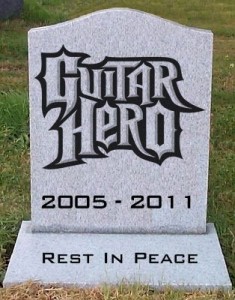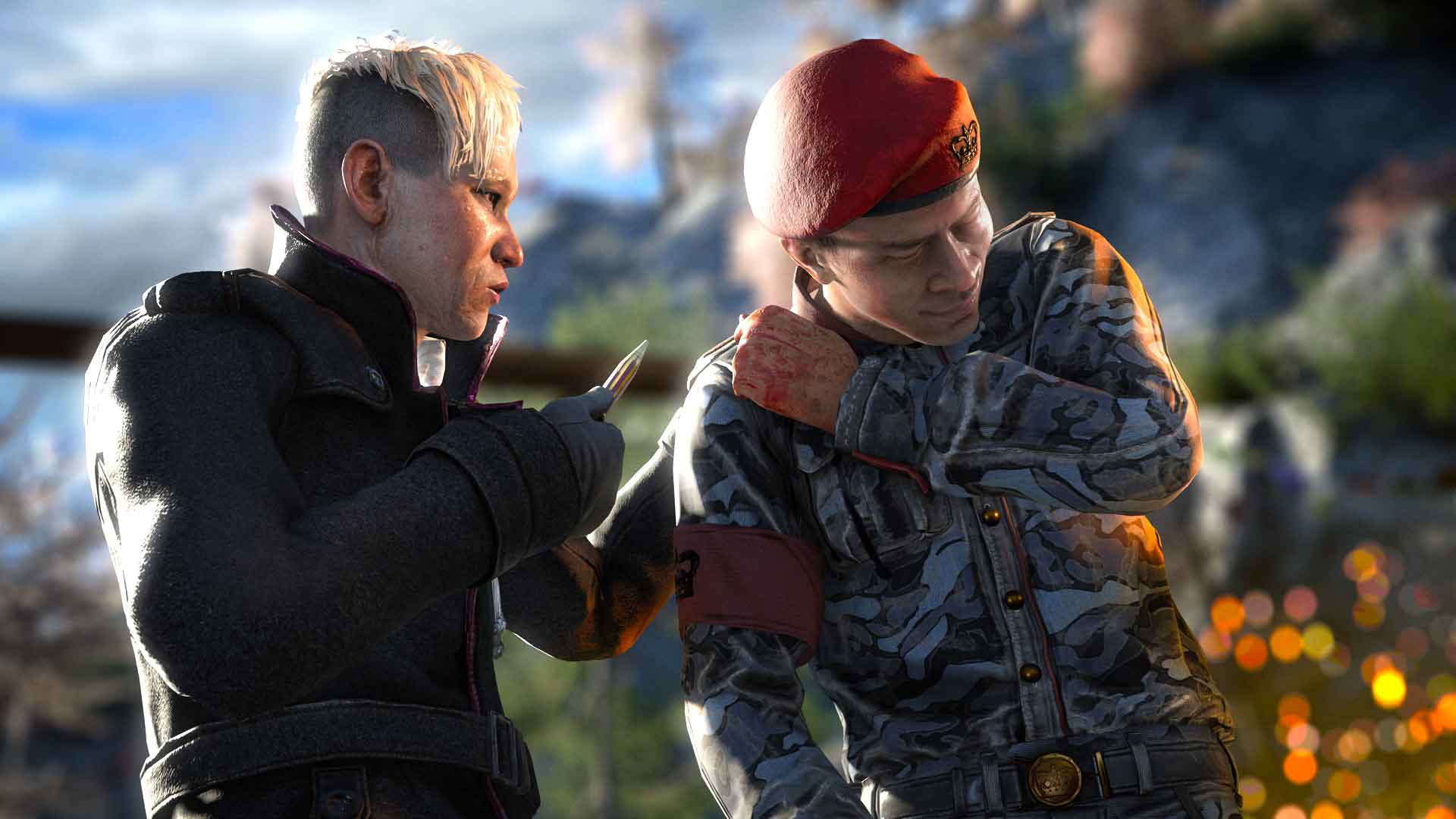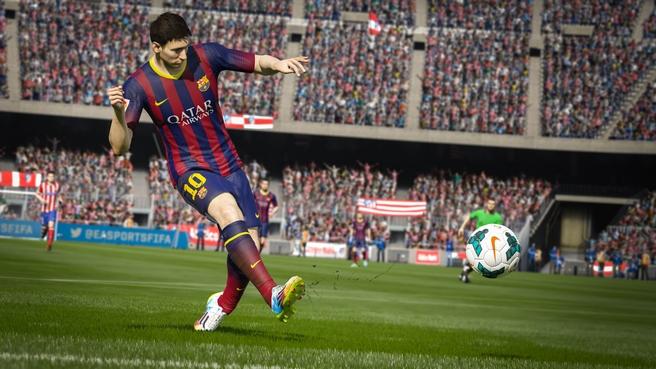Another day, another joke about the lack of information regarding Half Life 3. I normally loathe the constant pestering for a sequel, but this is one of the few occasions it seems justified.
It seems a disservice towards gamers to not let them know what it happening at the studio behind their beloved franchise. Episode 2 ended with a cliff-hanger that needs a conclusion. The cliff-hanger was justifiable due to the success of the original Half Life and Episode 1.
It would be absurd to think that a publisher would release a game with such an inconclusive ending without first having a fan base that gives a rat’s ass. Wouldn’t it?
In 2013, Ubisoft’s VP of marketing and sales, Tony Key, has been quoted as saying ‘we won’t even start if we don’t think we can build a franchise out of it. There’s no more fire and forget- it’s too expensive.’ It’s well and truly depressing that the industry has gotten to this point.
In a perfect world, sequels are planned after the initial success of a game, and not months before the first games release. Sequels would also be a chance to rectify any problems the first game had, assuming there  was interest in a potential franchise. After all, publishers still need to make money, they are a business like any other.
was interest in a potential franchise. After all, publishers still need to make money, they are a business like any other.
Later this year, Ubisoft will release the seventh console game in the main Assassin’s Creed series, and whereas supply and demand means that the series will keep selling, you have to ask: when will enough be enough?
Some people actually prefer closure over continuation (see recent Community renewal), but money speaks louder than all else. I’m not a Call of Duty hater, but haven’t played one since Modern Warfare 2, but all I see is hate for a franchise that is clearly doing well and making money for its developers and publishers. The demand is there, so the supply will always follow.
On the other hand, the tragic death of the once revolutionary series, Guitar Hero, is a prime example of how not to perform as a video game company. With six titles released in 2009 alone, Activision drove the series into the ground as the demand had all but vanished entirely. Not even Harmonix could keep the music game genre alive, having not released a Rock Band game since 2010. Sequel fever plagued Guitar Hero until the money stopped flowing and the devs were all out of ideas, then the series died and, sadly, everybody moved on.
The battle between whether to produce new I.Ps or simply release another game in a popular series is a long and unforgiving one. Gamers can never seem to decide whether they want more of what they have enjoyed or a new franchise altogether. No matter what devs do, it is seemingly met with criticism until said game comes out.
Naughty Dog are set to release Uncharted 4 in the fall, another series that could have ended sooner. Among Thieves was regarded as the best game of the last generation until The Last of Us came along. Drake’s Deception was not as good, but still brilliant and A Thief’s End looks to continue with the same high standard of cinematic gameplay we have all come to expect from Naughty Dog games.Yes, they might be good games, but in the eyes of the publishers, they’re easy sellers.
It is a well-established franchise, it has a large, loyal fan base and it is being billed as a true next-gen experience. No need for new I.Ps when the money is already flowing. To contradict my last point, though, The Last of Us was a new I.P and Naughty Dog’s last release, giving the Uncharted series a break for a few years.
With the success of TLoU came the onslaught of queries as to when the development of the sequel would start. I genuinely believe that the Naughty Dog developers did not think about doing a sequel upon finishing the first game. They wrapped the story up in one attempt, and there was no obvious path towards a sequel. Now that consumer demand is there, however, a story might be wrangled together and we might get a sequel that could ruin the magic of the first game.
Now, I am not saying I hate sequels. That should not be the message here. I am actually a big fan of Far Cry 3 and its stand-alone expansion, Blood Dragon. All I am saying is that there needs to be a lot of deliberation over whether to release a second game in a particular franchise.
I am also fully aware that the failure of a new I.P can sometimes lead to bankruptcy, which is obviously a big fear for every business across the planet. But bankruptcy can also come from the lack of innovation within a series, which may go to show why gamers are okay with several releases of one franchise as long as it always feels new and challenging. Once the developers get bored, so do the gamers.
I don’t think I can talk about sequels without mentioning the sports genre of gaming. Most sports have an annual release (Football has Fifa (ed. note. He’s a Brit folks, don’t get upset) , Basketball has the 2k series etc.) and they sell well amongst fans yearly.
But every year, complaints flood into forums across the internet about the fact that every game is the same, and there’s no innovation. Then game changing features are implemented and often looked down upon, partly because the development cycles are on such strict time frames.
It’s a lose/lose situation until the devs achieve sporting perfection (which, for me, was Fifa 13), and even then, they have to both change to keep the game fresh but stay the same to meet the high standards of gameplay that they have set for themselves in previous years. It seems some developers can’t win and some gamers can’t be pleased.
Unfortunately, public opinion is taken from the most vocal gamers, who are too busy complaining about games, rather than actually playing them. The people who are enjoying what the games industry has become are out there actually gaming! This is a topic I have only skimmed the surface of, and I have not factored in the rise of the Indie Empire, which has seen smaller developers thrive and new, exciting games released by the dozens each year.
Games such as Braid, and Fez, and Super Meat Boy (titles popularised by the excellent documentary Indie Game: The Movie) have all taken the gaming world by storm in recent years and have proven that the financial risk of game development can be worth it, if done correctly and with care.


